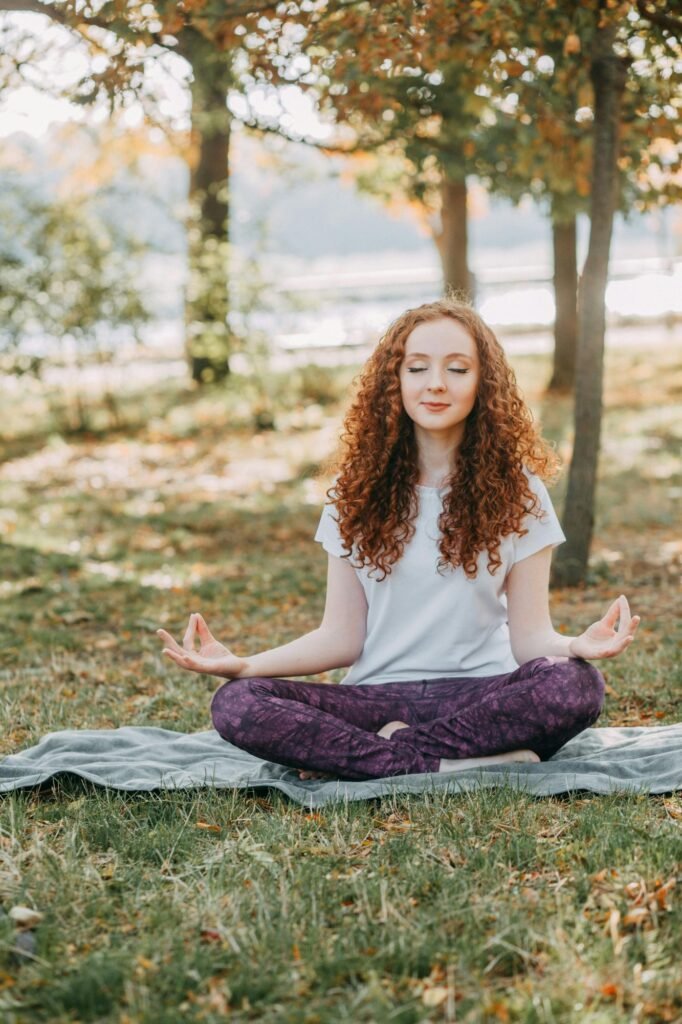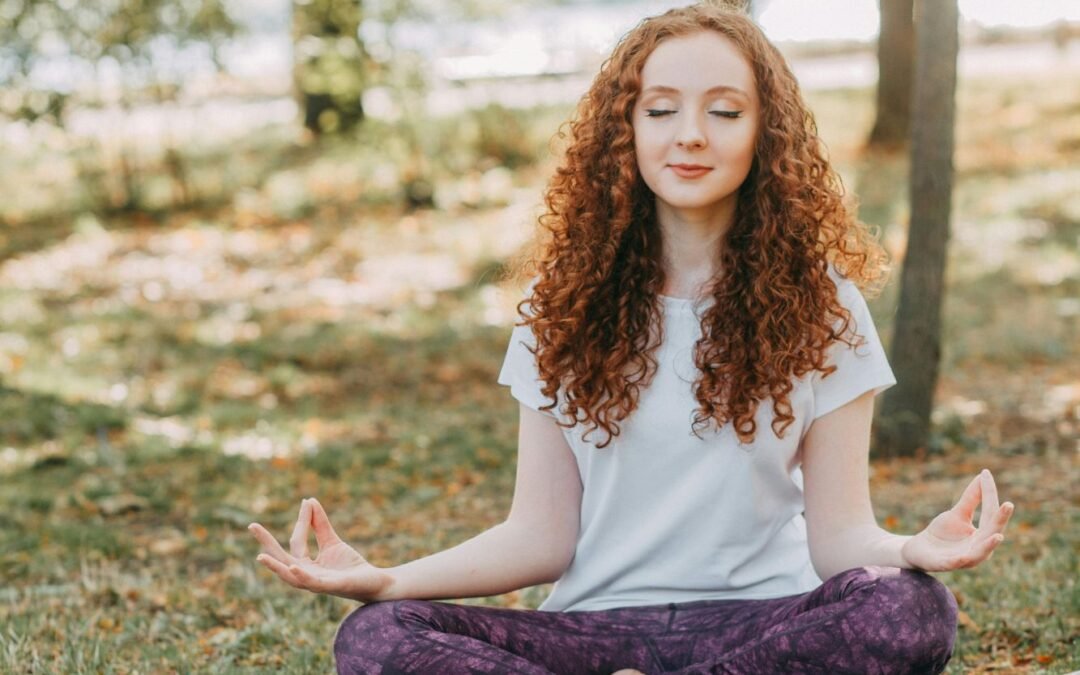
Introduction
Feeling overwhelmed by the weight of depression? Yoga might be the key to unlocking a happier, healthier you. This ancient practice isn’t just about flexibility and strength; it’s a powerful tool for mental well-being. With various styles to choose from, finding the best yoga for depression can be transformative. In this guide, we’ll explore which yoga practices are most effective in combating depression, supported by scientific research and expert insights. Ready to embark on a journey towards mental clarity and peace? Let’s dive in!
1. Hatha Yoga: The Foundation of Healing
Hatha yoga is often recommended for beginners due to its gentle and slow-paced nature. It focuses on basic postures, breathing exercises, and meditation, making it an excellent choice for those dealing with depression. The slow and mindful movements can help calm the mind and reduce stress.
Benefits of Hatha Yoga:
-Stress Reduction: A study published in the Journal of Psychiatric Practice found that regular practice of Hatha yoga significantly reduced stress and anxiety levels in participants.
– Improved Mood: The combination of physical postures and breathing exercises can increase the production of serotonin, a neurotransmitter associated with happiness.
– Enhanced Mindfulness: Hatha yoga encourages mindfulness, helping individuals stay present and manage negative thoughts more effectively.
Checkout YouTube video-
https://youtu.be/TO5DAbT5R2s?si=dGLNLFQLhUU-qg0j
2. Vinyasa Yoga: Flowing to a Better Mood
Vinyasa yoga, also known as flow yoga, involves linking breath with movement in a continuous, dynamic sequence. This style is more vigorous than Hatha and can be particularly effective for those who enjoy a more active form of exercise.
Benefits of Vinyasa Yoga:
– Endorphin Boost: The aerobic nature of Vinyasa yoga helps release endorphins, the body’s natural mood elevators.
– Mental Clarity: The focus on synchronizing breath with movement can clear mental fog and enhance concentration.
– Emotional Release: The fluid movements and transitions in Vinyasa yoga can help release built-up emotional tension and stress.
Checkout YouTube video-
https://youtu.be/4E4hhHk8bLU?si=wAB4nil6ch3ByA70
3. Iyengar Yoga: Precision and Peace
Iyengar yoga emphasizes alignment and precision in each pose, often using props like blocks and straps to achieve the correct posture. This methodical approach can be particularly beneficial for those who appreciate structure and detail.
Benefits of Iyengar Yoga:
– Focused Attention: The detailed attention to alignment can help distract from negative thoughts and promote a state of focused calm.
– Physical and Mental Balance: A study in the Journal of Alternative and Complementary Medicine found that Iyengar yoga helped improve balance, both physically and mentally, in participants with depression.
-Stress Relief: The use of props allows for deeper relaxation and stress relief in restorative poses.
Checkout YouTube video-
https://youtu.be/5KrDlrmsRrU?si=BS3eB0lzUFQzy-r8
4. Kundalini Yoga: Awakening Inner Joy
Kundalini yoga combines postures, breathing exercises, chanting, and meditation to awaken energy at the base of the spine and bring it upwards through the chakras. This spiritual and energetic practice can be particularly powerful for those seeking a deeper connection and transformative experience.
Benefits of Kundalini Yoga:
– Spiritual Upliftment: The meditative and chanting aspects of Kundalini yoga can create a profound sense of inner peace and spiritual connection.
– Emotional Healing: Research published in Complementary Therapies in Clinical Practice suggests that Kundalini yoga can reduce symptoms of depression and anxiety by promoting emotional release and healing.
– Increased Energy: The dynamic breathing techniques and postures can increase vitality and reduce feelings of lethargy commonly associated with depression.
5. Restorative Yoga: Deep Relaxation and Healing
Restorative yoga focuses on passive stretching and deep relaxation, often using props to support the body in various poses. This style is perfect for individuals experiencing high levels of stress and burnout.
Benefits of Restorative Yoga:
– Profound Relaxation: A study in the International Journal of Yoga found that restorative yoga significantly reduced cortisol levels, the body’s primary stress hormone.
– Improved Sleep: The deep relaxation achieved in restorative yoga can help improve sleep quality, which is often disrupted in individuals with depression.
– Gentle and Accessible: Restorative yoga is gentle on the body and accessible to people of all fitness levels, making it an excellent choice for those with limited physical capacity or severe depression.
Conclusion
Choosing the right type of yoga for depression can significantly enhance your mental and emotional well-being. Whether you prefer the gentle approach of Hatha yoga, the dynamic flow of Vinyasa, the precision of Iyengar, the spiritual depth of Kundalini, or the deep relaxation of Restorative yoga, each style offers unique benefits that can help you manage and overcome depression. By incorporating regular yoga practice into your routine, you can unlock the secrets to a happier, more balanced life. Remember, the journey to mental wellness is personal, and finding the best yoga style for you is a crucial step towards healing.
References
1. Journal of Psychiatric Practice – Effects of Hatha Yoga on Stress and Anxiety: A Comprehensive Study.
2. Journal of Alternative and Complementary Medicine – The Impact of Iyengar Yoga on Mental Balance and Depression.
3. Complementary Therapies in Clinical Practice – Kundalini Yoga for Depression and Anxiety: A Randomized Controlled Trial.
4. International Journal of Yoga – The Effect of Restorative Yoga on Cortisol Levels and Stress Reduction.

